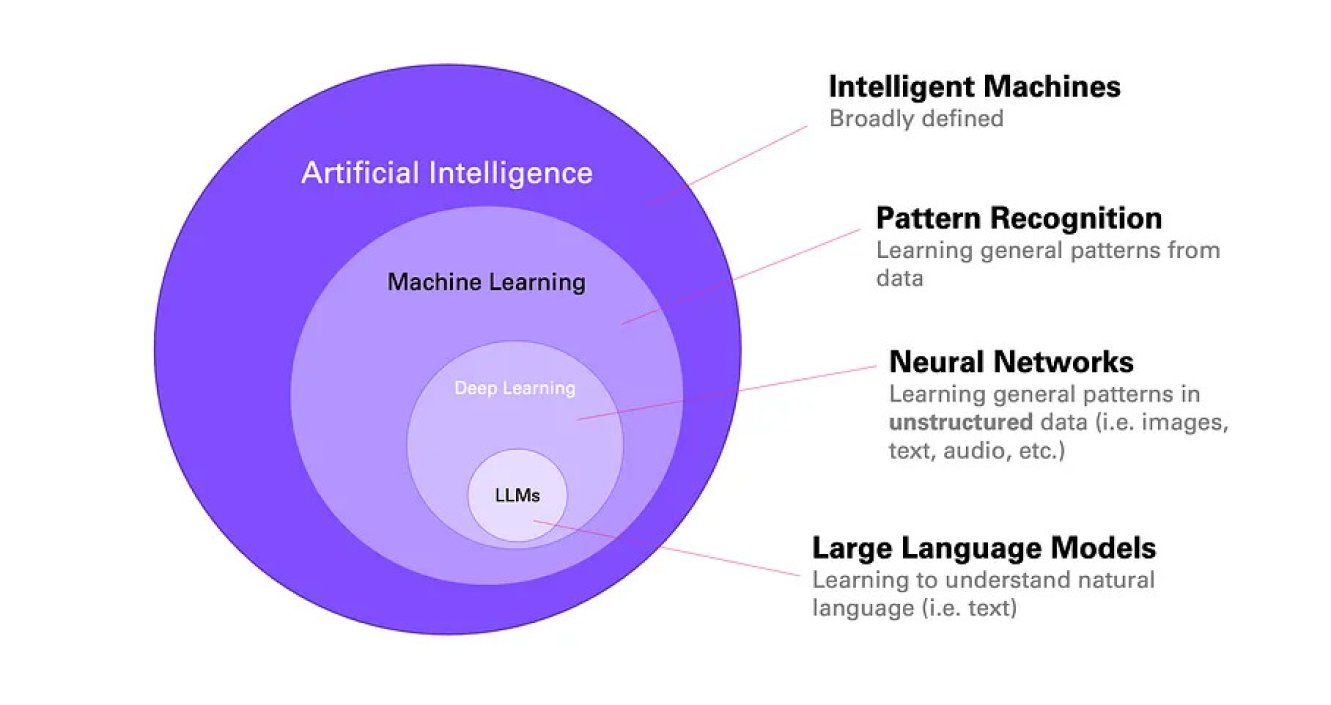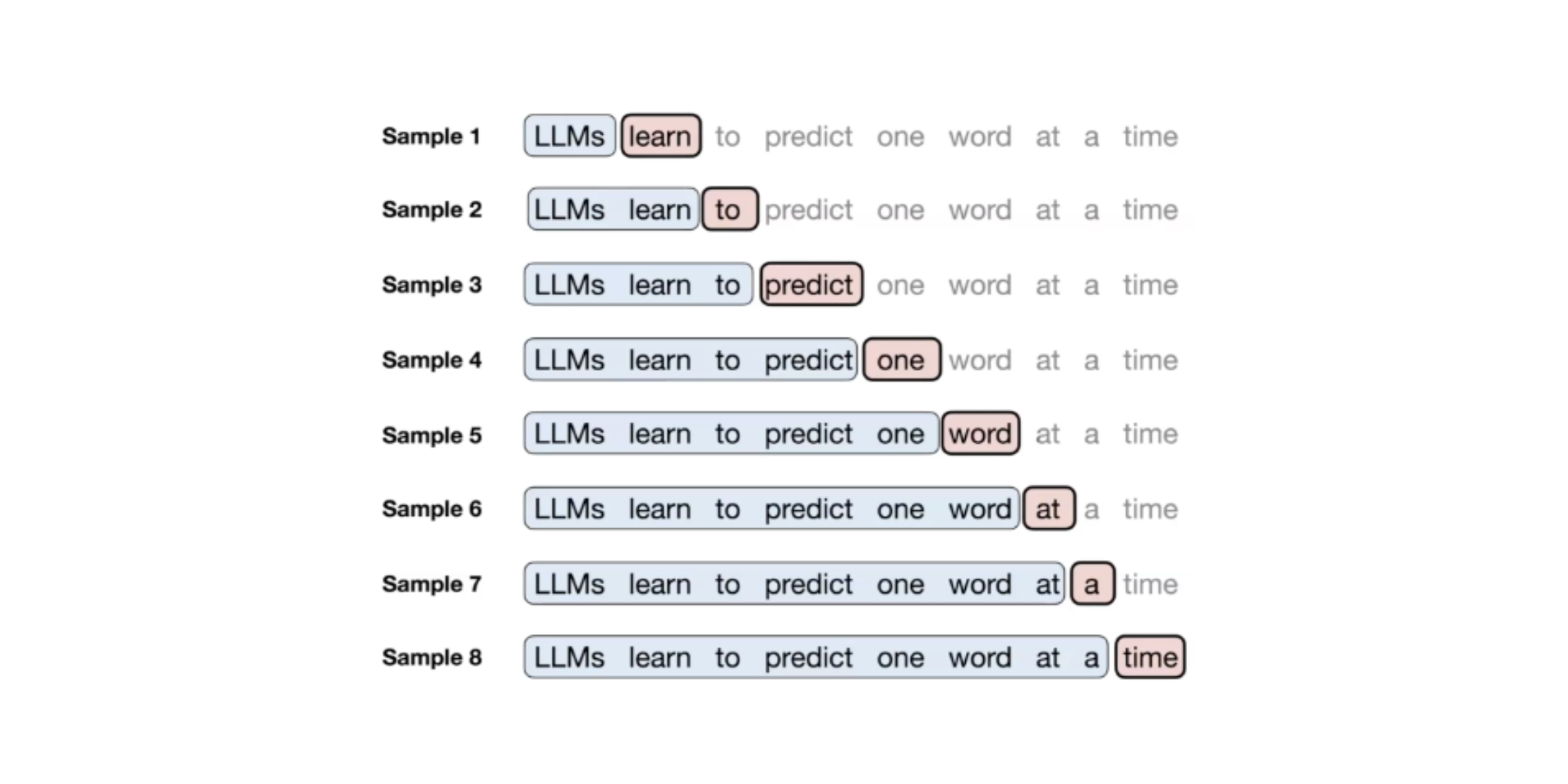Large Language Models
What is a LLM ?
A Large Language Model (LLM) is a type of artificial neural network that has been trained on massive amounts of text data to understand and generate human-like language. These models contain billions or even trillions of parameters that help them recognize patterns, context, and relationships in language.
LLMs are built on the Transformer architecture, which uses attention mechanisms to process and understand text. They learn by analyzing vast datasets containing books, articles, websites, and other text sources to develop a deep understanding of language structure, grammar, facts, and even reasoning patterns.

It's the type of model behind the most popular chatbots like ChatGPT, Claude, Gemini, and many others.
How Do LLMs Actually Work?
Think of an LLM like a very sophisticated autocomplete system - similar to what you see on your phone's keyboard, but incredibly more advanced.
The Big Picture
Imagine you're reading a book and trying to guess the next word. You'd look at:
- The words that came before
- The overall context and meaning
- Patterns you've learned from reading millions of other books
That's essentially what an LLM does, but with mathematical precision and at lightning speed.

Do LLM's Really Think Like Humans?
Not exactly, but the comparison is fascinating.
What LLMs Do
- Pattern Recognition: Identify complex patterns in text data
- Statistical Prediction: Generate the most likely next word based on training
- Contextual Understanding: Use surrounding text to disambiguate meaning
- Information Synthesis: Combine knowledge from different sources
How This Differs from Human Thinking
- No Consciousness: LLMs don't have subjective experiences or awareness
- No True Understanding: They manipulate symbols without genuine comprehension
- No Persistent Memory: Each conversation starts fresh (unless explicitly given context)
- No Learning During Inference: They don't learn from individual conversations
The Illusion of Understanding
LLMs are incredibly sophisticated at:
- Maintaining coherent conversations
- Following complex instructions
- Demonstrating apparent reasoning
- Showing creativity and insight
This creates a compelling illusion of human-like intelligence, even though the underlying mechanisms are fundamentally different.
Capabilities and Limitations
What LLMs Excel At
- Text Generation: Writing articles, stories, code, emails
- Translation: Converting between languages
- Summarization: Condensing long texts into key points
- Question Answering: Providing information on diverse topics
- Code Generation: Writing and debugging programs
- Creative Tasks: Poetry, storytelling, brainstorming
Current Limitations
- Hallucination: Generating false but plausible-sounding information
- Knowledge Cutoff: Training data has a specific end date
- Lack of Real-time Information: No access to current events or live data
- Mathematical Reasoning: Can struggle with complex calculations
- Consistency: May give different answers to the same question
- Bias: Reflects biases present in training data